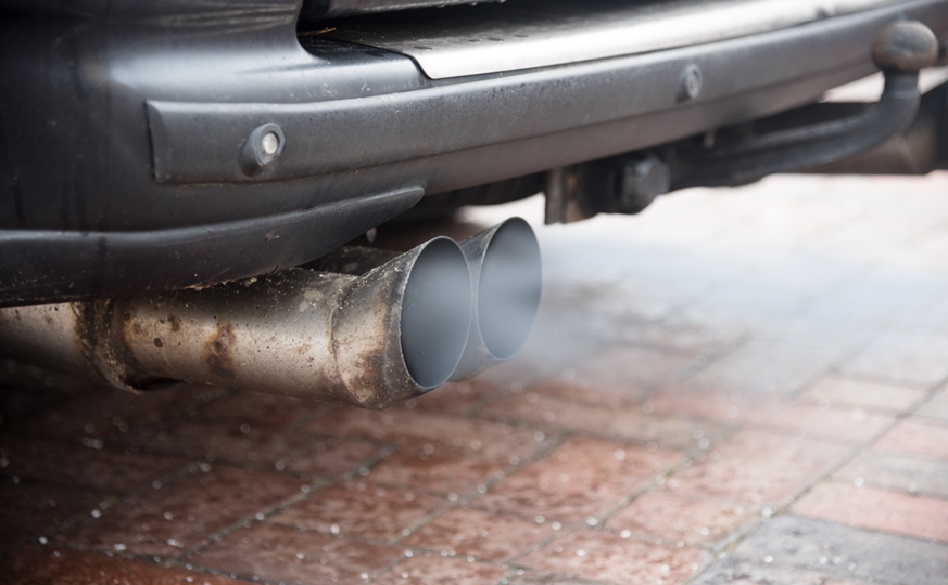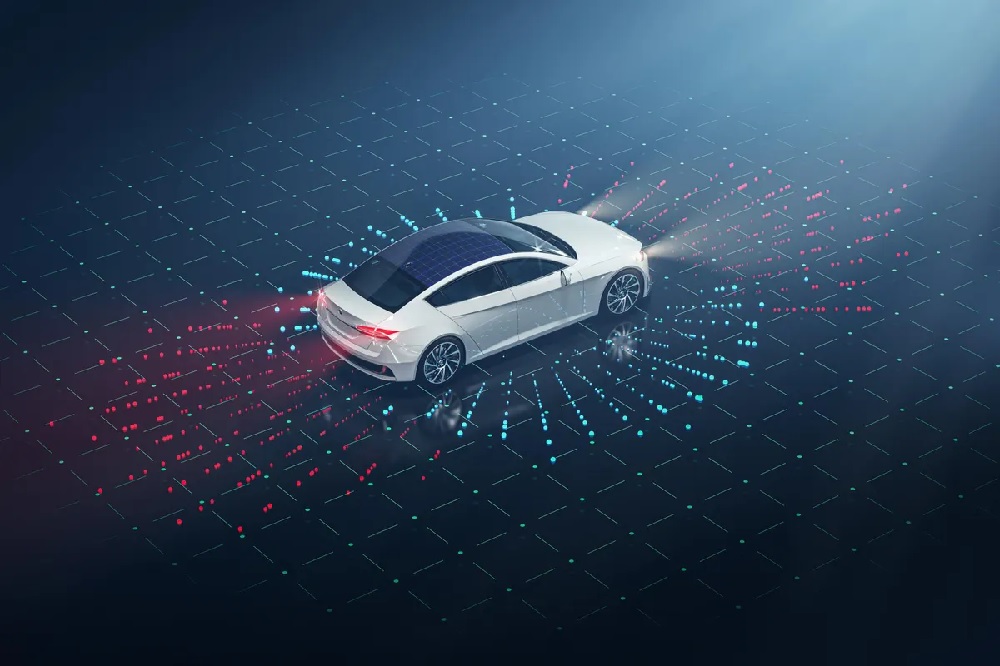As environmental awareness grows, diesel engines are under increased scrutiny due to their contribution to air pollution. Diesel emission control systems (DECS) are vital tools in reducing the harmful pollutants released by diesel-powered vehicles and machinery. These systems help meet regulatory standards, protect public health, and contribute to a cleaner environment. In this post, we’ll explore the importance of diesel emission control systems, their types, and how they are essential for cleaner air and improved quality of life.
Understanding Diesel Emission Control Systems
Diesel engines, though efficient and powerful, emit pollutants such as nitrogen oxides (NOx), carbon monoxide (CO), hydrocarbons (HC), and particulate matter (PM). These pollutants contribute to health issues like respiratory illnesses and environmental problems such as acid rain and smog. Diesel emission control systems are designed to reduce or eliminate these harmful emissions, ensuring that diesel-powered equipment meets air quality standards.
Emission control technologies are essential in various sectors, including transportation, construction, and agriculture. Whether in trucks, buses, or construction machinery, these systems make diesel engines cleaner and more sustainable.
Types of Diesel Emission Control Systems
- Diesel Particulate Filters (DPF): DPFs capture and store particulate matter (or soot) produced during combustion. Over time, these filters need to undergo a regeneration process that burns off the accumulated soot, converting it to less harmful substances. By capturing and eliminating soot particles, DPFs play a crucial role in reducing air pollution.
- Selective Catalytic Reduction (SCR): SCR systems use a chemical reaction to reduce NOx emissions. By injecting a urea-based solution, SCR systems convert NOx into nitrogen and water vapor, which are both harmless. SCR technology is highly effective and widely used in heavy-duty diesel engines, significantly reducing harmful emissions.
- Exhaust Gas Recirculation (EGR): EGR works by recirculating a portion of the engine’s exhaust gas back into the intake, lowering combustion temperatures. This process reduces NOx emissions, as lower combustion temperatures produce fewer nitrogen oxides. EGR is a cost-effective and efficient way to reduce NOx without compromising engine performance.
- Diesel Oxidation Catalysts (DOC): DOCs are often used in conjunction with other emission control systems. They reduce CO and HC emissions by oxidizing these pollutants into carbon dioxide and water. Diesel oxidation catalysts are simple yet effective solutions that further enhance air quality by reducing toxic emissions.
Why Diesel Emission Control Systems Matter
Diesel emission control systems are not only essential for regulatory compliance but also for public health and environmental protection. In densely populated areas, air pollution from diesel engines can have severe health impacts, especially for vulnerable groups like children, the elderly, and individuals with respiratory conditions. By investing in emission control technologies, diesel vehicle owners can significantly reduce their impact on the environment, supporting cleaner air and healthier communities.
If you operate diesel-powered vehicles or equipment, taking proactive steps to reduce emissions is essential. Partner with All American Diesel and Fleet Services to ensure your fleet meets the latest emission standards. Our expert team specializes in emission control system installation, maintenance, and repairs to help you stay compliant and eco-friendly. Contact us today to schedule an inspection or learn more about how diesel emission control systems can enhance air quality and protect public health.
This post was written by a professional at All American Diesel and Fleet Services. https://allamericandieselservices.com/ has a friendly and knowledgeable staff committed to helping you with your truck. From light duty diesel repair and maintenance to heavy duty diesel truck repairs, our team offers a comprehensive solution for all your diesel needs. We specialize in semi truck towing service near you, ensuring your vehicle is back on the road swiftly. Our expertise also extends to DPF filter cleaning near you, providing top-notch diesel particulate filter cleaning service near you. As one of the largest independent diesel repair facilities in Orange County, we pride ourselves on exceptional diesel towing service near you and complete fleet maintenance. Contact us today for more information!




